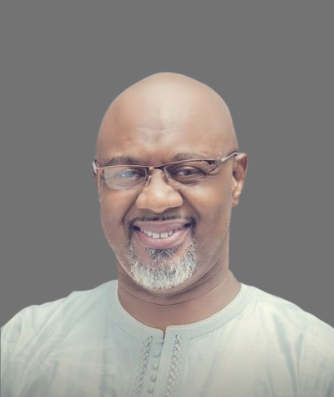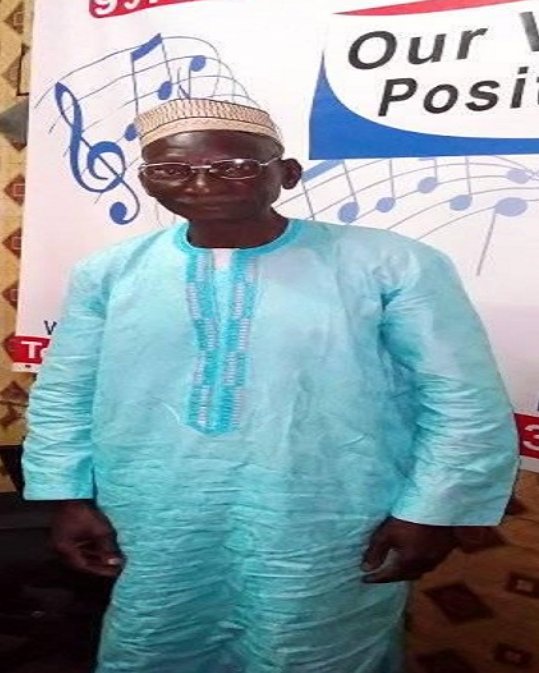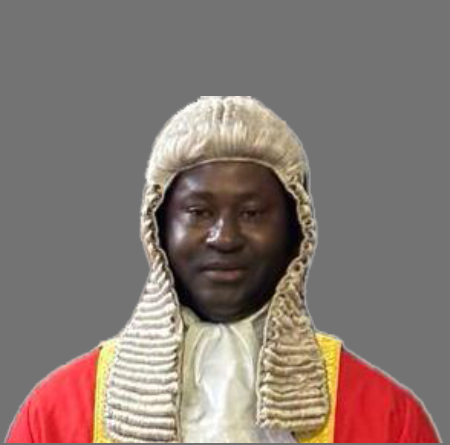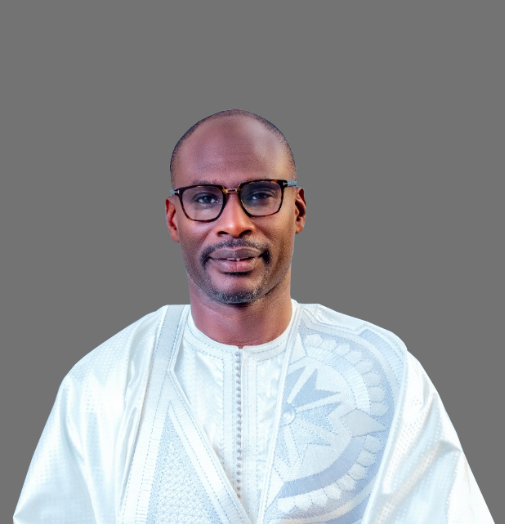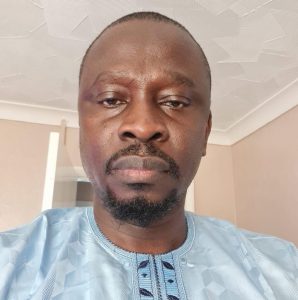
In his customary Koriteh Eid 2025 address at State House, President Barrow articulated salient points regarding national development and personal growth. He addressed unity, the cultivation of discipline within the family unit, the effects of civil unrest, infrastructural advancement, political sabotage within the civil service, and the influence of the media and religious leaders in maintaining peace and stability. Aside from his unverified accounts of travel durations from Airport to Banjul and other parts of the country, he was indisputably on point.
President Barrow emphasized a unified Gambia may attain substantial growth within a brief timeframe. Although his argument is valid, he did not articulate how his leadership will cultivate such unity. Talking the talk without walking the walk constitutes childish wishful thinking. Suffice it to say the attainment of such unification necessitates steadfast and dedicated leadership with the political resolve to foster national unity. Such leadership will be characterized by effective listening, persuasiveness and inclusivity.
Similarly, President Barrow effectively demonstrated how the 1981 coup hindered our economic and national growth. He cited the closure of major businesses such as NTC, CFAO, Morelle and Prom as pertinent instances. Additionally, the loss of youthful lives equally contributed to the socioeconomic decline of the Gambia. Even though this may be true, we have observed countries like Rwanda that after enduring devastating civil wars, have risen from ruin to achieve substantial national and human per capita growth. Suffice it to say such a landmark achievement can be ascribed to competent and effective leadership coupled with steadfast political resolve.
On discipline, President Barrow articulated its concept with utmost clarity. Discipline must commence with the family. For any community to strive and advance, it must exhibit discipline and be governable. Albeit household heads significantly contribute to ensuring compliance with law and order, the executive leadership is paramount in its enforcement. An exemplary case is El Salvador. It was one of the most infamous and perilous countries to inhabit. Currently, El Salvador ranks among the safest nations globally due to its current executive leadership’s political resolve to combat violence and crime.
In conclusion, without political will and conducive conditions, infrastructure will render sustainable development an elusive objective. While optimal roads conditions and safety facilitate will swift responses by emergency services but what is a good road to a police lacking transport resources? The same is applies to a health centre lacking an ambulance. Truth be told, every little truth hurts especially when you are a weak leader.
